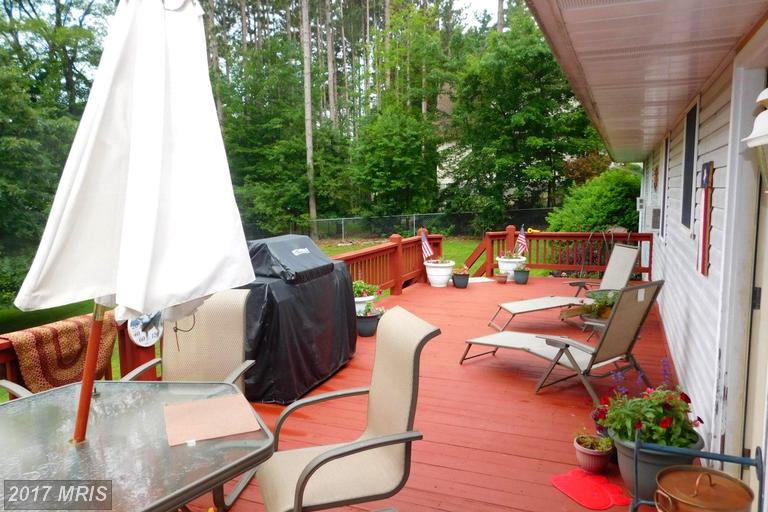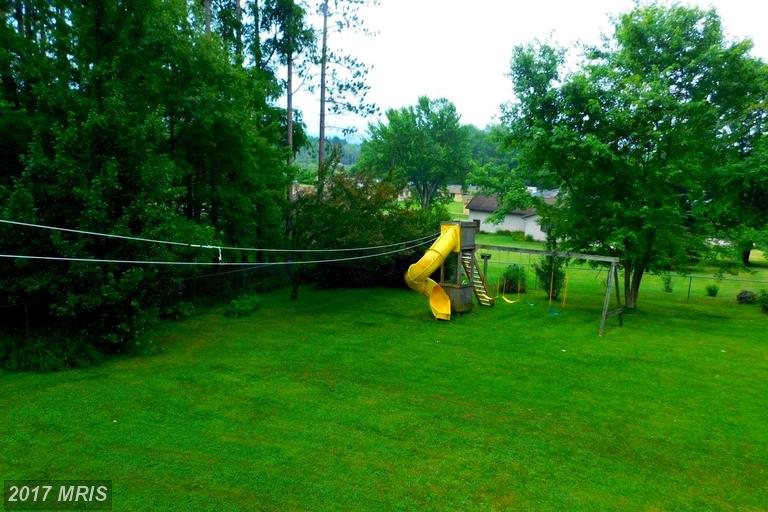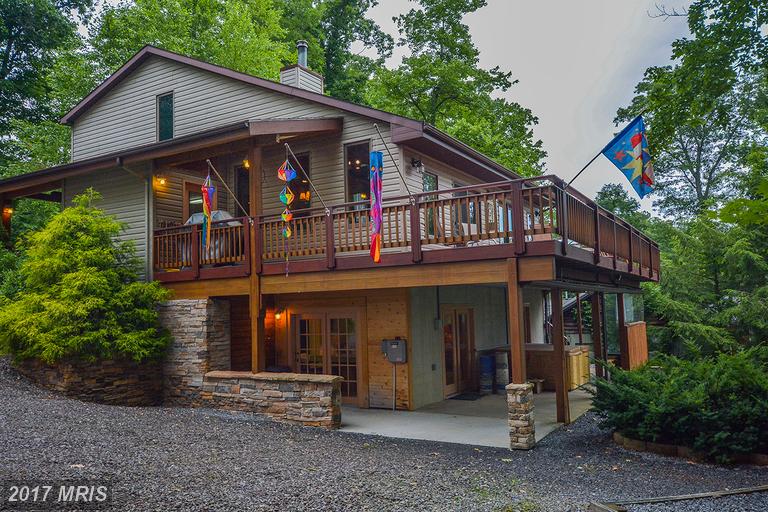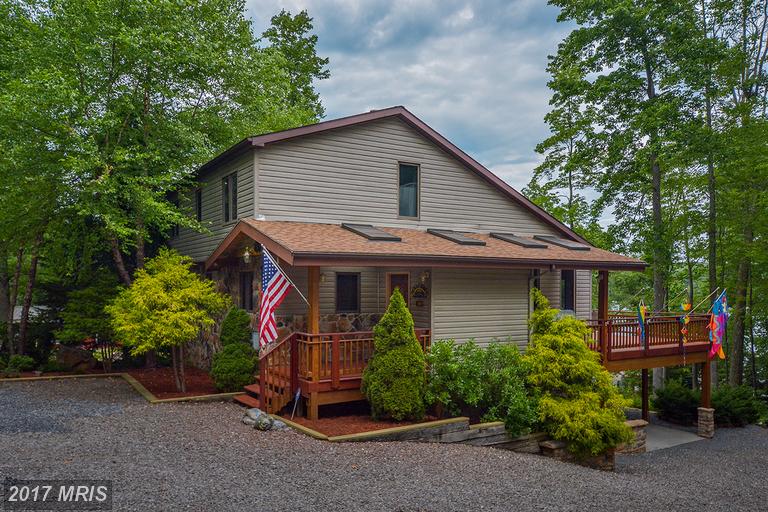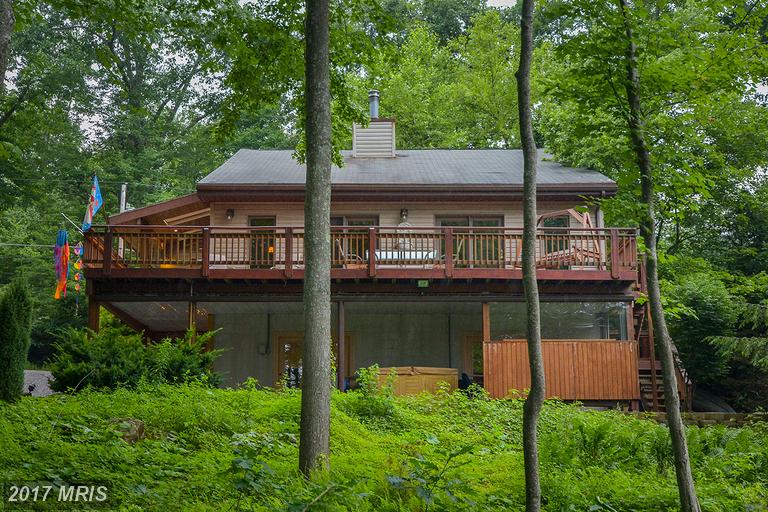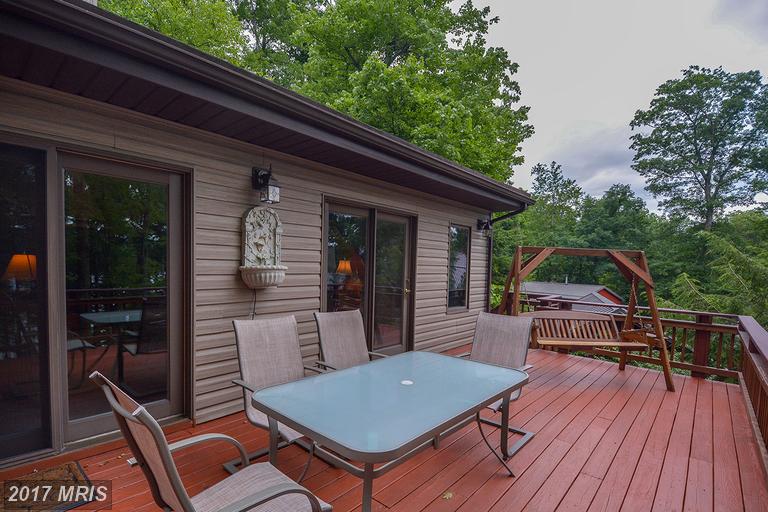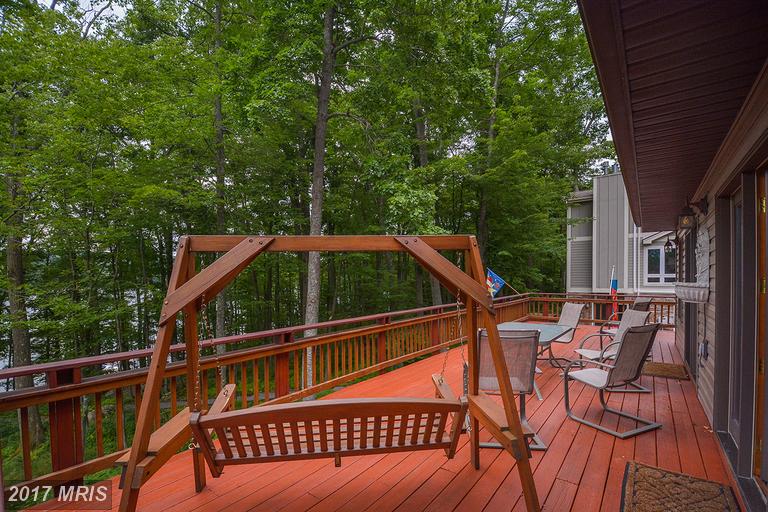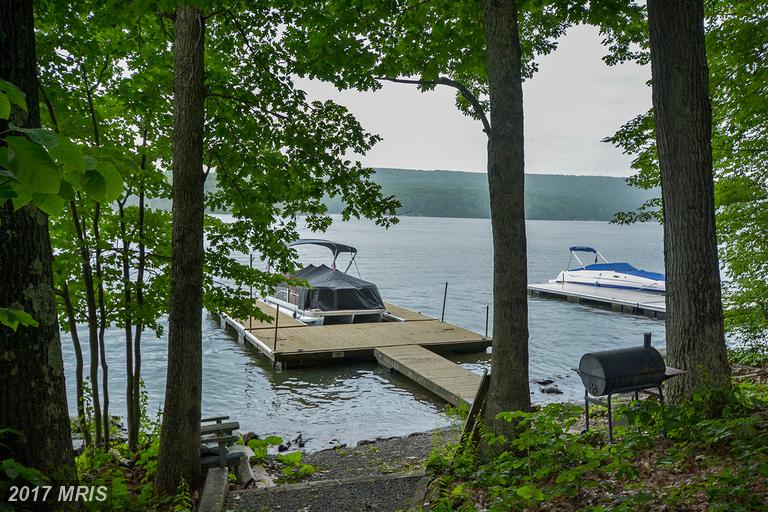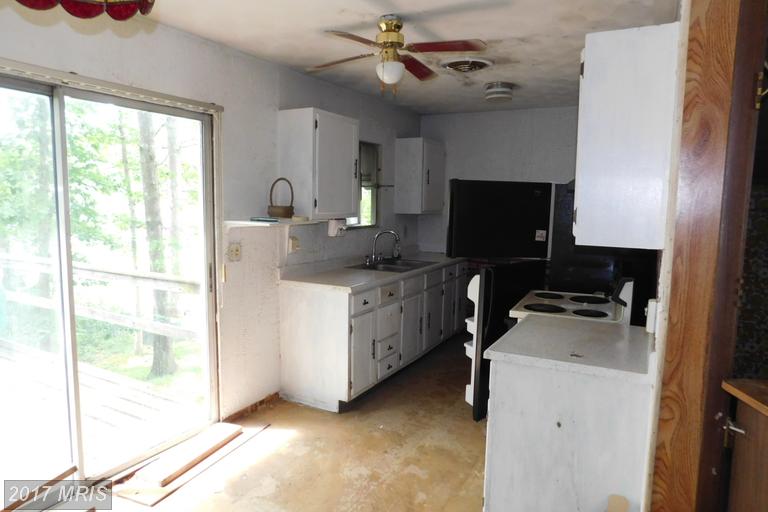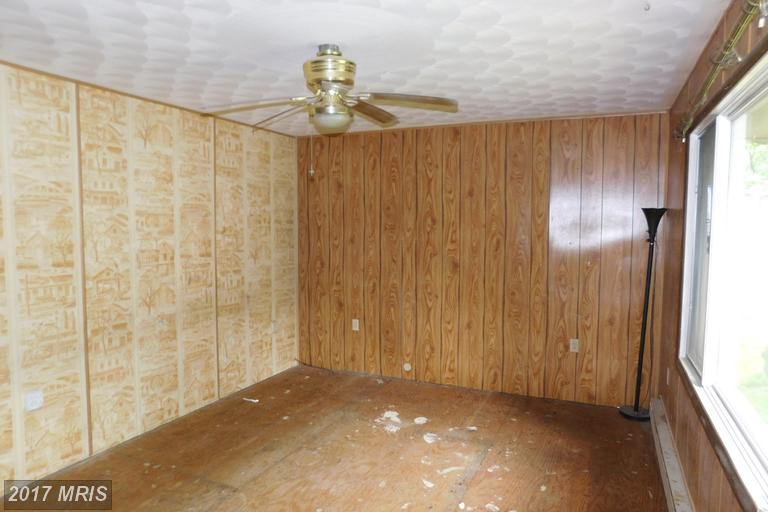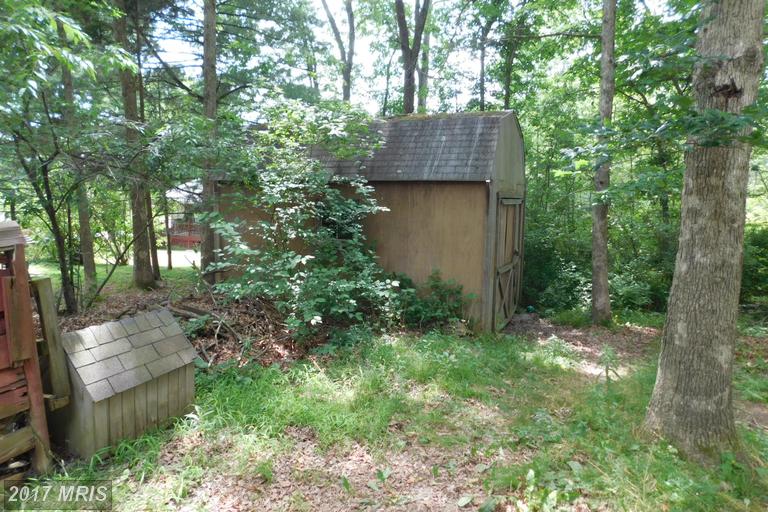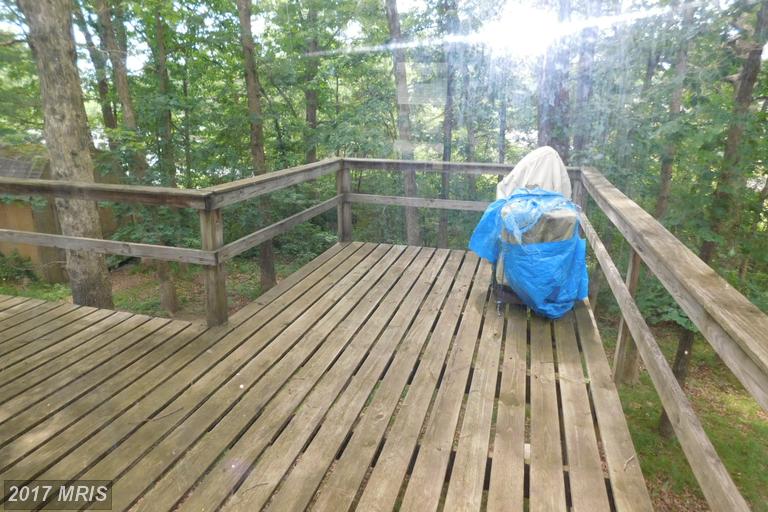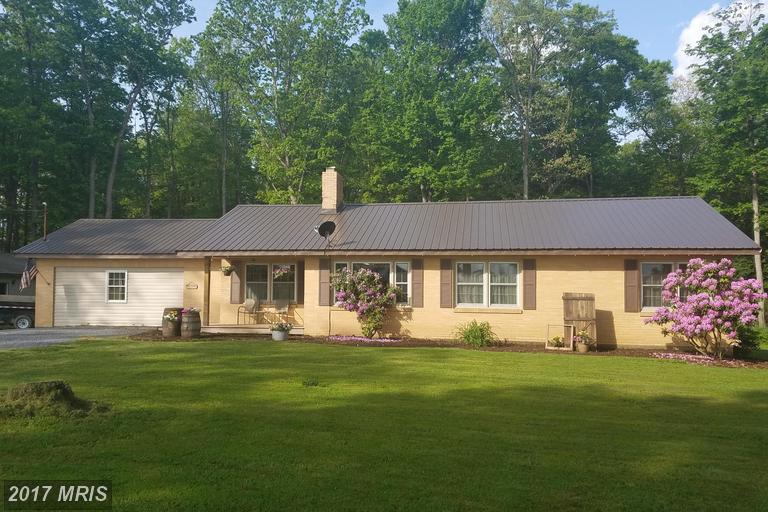Tag: garrett

61st annual Garrett County Ag Fair scheduled for July 29–Aug. 5
McHENRY — Although there have been various fairs and carnivals held in Garrett County for at least a century, the contemporary Garrett County Agriculture Fair will observe its 61st anniversary this year, with the 2017 event scheduled for Saturday, July 29, through Saturday, Aug. 5.
The fair will once again consist of a myriad of competitions, ranging from the judging of farm animals and their caretakers to canned goods to photography to 4-H projects. There will be tractor pulls and a baby crawling contest, live entertainment on the Exhibit Hall stage every evening, and Reithoffer Shows will provide a wide variety of rides and amusements.
In addition, numerous service organizations, churches, and other nonprofit entities will have various food and beverage items for sale, and the fair will conclude with the annual Garrett County Livestock Sale.
Among the musical entertainers throughout the week will be Russel Dickerson, Tim Litvin, Sundance Head, the Joseph Sisters, and HeartStrings.
Much of opening day, Saturday, July 29, will be spent entering all indoor exhibits, and the Reithoffer Shows carnival rides will run from 5 to 11 p.m. that evening.
Judging of exhibits will be conducted all day on Sunday, July 30, with the barns closed to traffic, and the entering of horses and marketing animals will be conducted throughout the day, 9 a.m. to 4 p.m.
The day will culminate with an interdenominational worship service at 6:30 p.m., followed by the crowning of the 2017 GC Farm Queen at 7:30 p.m.
All exhibit barns will be open to the public beginning at 10 a.m. Monday, the carnvial rides will be open until 11 p.m., and various contests/competitions will be held throughout the day.
Tuesday will be Senior Citizens Day, with free admission granted for those age 60 and older. Seniors may ride midway attractions free from 1 until 5 p.m. The day’s schedule will also include a pet show, a 4-H robotics challenge, a high school junior rodeo, and a performance by the Still Kickin’ Cloggers.
The Wednesday slate will include a baby crawl and judging in various animal categories.
A pedal tractor pull, 4-H/FFA beef showmanship judging, a market beef show, and a heavyweight tractor pull will be among Thursday’s events, with Friday’s schedule including the master showman competition, 4-H engineering events, the costume animal parade, cow patty bingo, mechanical bull riding, and peewee swine show.
The final day of the fair — Saturday, Aug. 5 — will include the Livestock Olympics, a dirty-pony contest, the annual livestock sale, the four- and eight-cylinder demolition derby on the fair track.
The cost of admission to the fair on Monday, Tuesday, Wednesday, and Saturday (July 29) is $10, which covers unlimited carnival rides, entertainment, and track events. The admission price for Thursday and Saturday (Aug. 5) is $15, which covers the same items noted above. Non-ride tickets, which must be purchased in advance ($7), include entertainment and track events, but not carnival rides. The non-ride tickets can be purchased at First United Bank & Trust in McHenry, Grantsville, and Friendsville; Slopeside Market, Deep Creek Shop and Save; all First Peoples locations; Double G Ranch; Southern States in Mountain Lake Park; and Gregg’s Pharmacy in Oakland.
More information can be found on the fair website at garrettcountyfair.org.
The Garrett County Agriculture Fair is a non-profit organization that is led by a 24-member all-volunteer board of directors.

NEW LISTING- 507 Southern Pines Drive
One level living! Affordable 3BR home in Southern Pines. High-end finishes include hardwood floors, granite counter-tops, stylish cabinets & vanity, stacked stone and a freshly paved driveway.
You will LOVE the HUGE fenced back yard and rear decking. Oversized garage offers even more storage options.
The basement is just waiting to be finished & plumbed for 2nd bath. AMAZING front porch!
Must see!
For more info, click here.

NEW LISTING- 508 Lake Forest Drive
Peaceful wooded waterfront with gentle slope to lake offers deep-water Type A private dock.
Enjoy four-season beauty of the lake, sun and moonrises by a wood-burning fireplace or from the expansive lakeside deck.
Architect/Owner incorporated natural cedar and dry-stacked stone into low-maintenance design; 3 master suites (4BR/4.5BA), ample parking and hot tub ~rental-ready~ if desired!
Must see!
For more info, click here.

NEW LISTING- 106 O'Brien Street
The price is right for this 3BR, 1BA home. Fixer-upper in Mountain Lake Park in need of some TLC – mostly time, not materials. In need of new flooring in most rooms.
The basement has been partially finished and framed. Metal roof. Heating & plumbing all appear to be in operating condition. Great lot with mature trees and backs to woods.
Walking distance to grocery store & schools. Sold AS-IS.
For more info, click here.

Rural editor who railed against Trump retires
Twelve years after the Civil War, a Union Army veteran named James Hayden established a newspaper for Garrett County, and called it The Republican in honor of Abraham Lincoln. One hundred and forty years later, the Lincoln kind of Republican is long gone, and those who live in the Western Maryland county where Hayden’s newspaper is still published each Thursday voted overwhelmingly to make Donald J. Trump the commander in chief.
Donald W. Sincell, the longtime editor of The Republican, who opposed Trump’s election in November, is still shocked by Trump’s 4-1 margin in Garrett County. The Republican, published in Oakland, does not have a history of directly endorsing political candidates. But it was clear from editorials in 2016 that Sincell did not think a Trump presidency would be good for the country. The Republican refrained from endorsing Hillary Clinton, but in words and in cartoons, it railed against Trump.
If you were not a regular reader of The Republican, and just picked up a copy while vacationing at Deep Creek Lake, you might have found that remarkable, even courageous.
“I get criticism all the time because I tend to take a more liberal stance on a lot of issues,” says Sincell. “People will write or they’ll call and say, ‘You need to change the name of that paper to The Democrat.’ And my response has always been that I didn’t name the paper, first of all. And, second of all, as the editor, as an individual human being, I consider things for their fairness, for their logic, for what seems right, and I don’t care if it comes from a Republican or a Democrat.”
When I contacted Sincell to talk about life in Garrett in the time of Trump, I did not expect him to report the following news: The Republican has just been sold to a West Virginia media company, a publisher of rural weeklies. Sincell, 65, retires this Friday after more than 40 years at the editor’s desk, ending a long run for one of Maryland’s last family-owned weeklies.
Don Sincell’s great-grandfather bought The Republican from Hayden in 1890. His grandfather, great-uncle and father ran the paper for many years. Don Sincell became editor in the 1970s. There have only been four editors in the 140-year history of the newspaper.
The decision to sell to NCWV Media was a tough one, Sincell says. But he says the new owner is better positioned to take The Republican across the digital divide.
For more info, click here.

NCWV Media purchases The Republican of Oakland, Maryland
CLARKSBURG, W.Va. — NCWV Media continued its growth efforts on Thursday, purchasing The Republican, a weekly newspaper based in Oakland, Maryland.
The deal is effective June 30, said Donald W. Sincell, president of Sincell Publishing Co. Inc., Oakland, and editor of The Republican newspaper.
The newspaper, which was founded in 1877 by James Hayden, has been owned and operated by five generations of the Sincell family since it was purchased from Hayden in 1890 by Sincell’s great-grandfather, Benjamin H. Sincell.
“There is no one in the next generation of our family who is interested in taking over management of the business for the future, so the timing for such a decision seemed right.”
There will continue to be family involvement and management from members of the family, as Sincell’s younger sister will become the new editor of the paper, and his daughter will continue to be part of the news staff.
“In fact, we are so pleased that the majority of our long-time employees will still have their jobs upon the transfer of ownership, which was a significant concern for our family,” said Sincell, who added that all the employees “are like members of our family.”
Sincell said he is optimistic about the continued publishing of The Republican, stating that the new owner is “on the cutting edge” of the publishing business, in both print and online.
“Brian Jarvis, president of NCWV Media, also comes from a multi-generation family involved in newspaper publishing and clearly understands all of the aspects of ‘rural living,’ which was another important factor in our decision-making process,” Sincell said.
“He and his leadership team are passionate about local media and grasp so well the vitally important role that a local newspaper plays in the community. And they will be adding some exciting new and innovative content and services, giving our paper a fresh look overall.”
Jarvis, whose company publishes The Preston News & Journal, The Exponent Telegram daily, as well as The State Journal, The Bridgeport News, The Fairmont News, The Weston News, The Blue & Gold News and NCWV Life Magazine, said the Oakland paper fits the company’s strategic mission well.
“We are very excited to be part of The Republican. We plan to build on what the Sincell family did for several generations by continuing to provide great local reporting, being a proud partner of local businesses and creating a strong digital presence for the area,” Jarvis said.
“Garrett County is located adjacent to Preston, which could naturally create many unique opportunities for the readers and customers of both publications,” Jarvis said.
NCWV Media purchased Preston Publications, which includes the Preston County News & Journaland the weekly shopper the Penny Saver, in November 2014.
Since it was brought into the NCWV Media family, it has won several awards from the West Virginia Press Association, as well as being named “Business of the Year” by the Preston County Chamber of Commerce at its April awards dinner.
The Republican will continue to be published for Thursday distribution, and at least for the short term, both the main office in Oakland and the satellite office in Grantsville Plaza will remain at the same locations.
“Our pledge is that The Republican will continue to provide great news and marketing delivered to the homes of Garrett County residents and those of many of our subscribers all across the country,” Jarvis said.
“We hope to improve on this local news coverage and distribution by increasing reporters and correspondents. Garrett County is large in geography, so having the resources to cover all the towns will be pivotal,” he said.
For more info, click here.

NEW LISTING- 2247 Herrington Manor Road
Brick rancher with plenty of upgrades in an incredible setting! You’ll love where you live – surrounded by horse farms, state forests/parks and some of Garrett County’s most scenic vistas!
3 bedrooms, 2 living areas and 3 acres of level and partially wooded ground. Big views of the mountains from your yard! Detached garage, wooded setting.
For more info, click here.
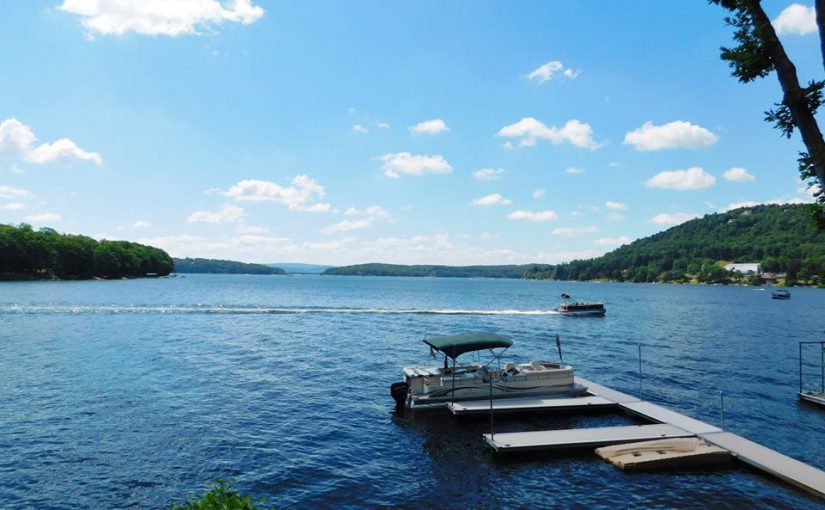
Summer Safety Tips from GRMC Medical Associates of Grantsville
School is out, vacations are booked and warm weather is right around the corner. Because we care about your health and safety, Dr. Crable, from Medical Associates of Grantsville has put together a list of tips for a safe and happy summer.
Stay hydrated– Being hydrated is essential for good health and consuming water is necessary to keep a body functioning properly. This is especially important in the summer months when our bodies require an intake of more water to counteract the effects of warmer weather and higher humidity. It is recommended to drink six to eight 8-ounce glasses of water a day. To avoid dehydration be aware of the heat and temperature and modify your summer activities appropriately.
Sun Safety and Protection– It’s natural to want to get out and enjoy the sun during warm summer days, but it should also be a priority to take steps to protect your skin from the sun. Ultraviolet (UV) rays from the sun and other sources like tanning beds are the #1 cause of skin cancer. Avoid consequences of overexposure to the sun like sunburns, premature again of the skin and damage to the eyes by practicing proper sun protection. Using a broad-spectrum sunscreen with an SPF of 30 or higher, wearing proper clothing, a wide –brimmed hat and sunglasses and limiting direct exposure to the sun are some tips to stay sun safe.
Summer Insect Safety– The warmer temperatures of summer mean more outdoor family time, but warmer temperatures are just as appealing to insects. Most insect bites in the Garrett County area are irritating but otherwise harmless; however, some insects can transmit viruses and diseases. Ticks are also very prevalent in the area and can transmit Lyme disease, which can be treated if recognized early. To prevent bugs from biting avoid perfumes and scented soaps that can attract some insects, stay away from stagnant water and heavily wooded areas, dress appropriately if you plan to be in a wooded or grassy areas, and be conscious of the DEET concentrations that are used in insect repellants.
Outdoor Activity Safety– Children love playing outside in the summer time and the Garrett Region offers unlimited opportunities for outdoor recreation. At the playground make sure that all equipment has been carefully maintained, that children can’t reach any moving parts that may pinch or trap them and always supervise children on playground equipment. To ensure bicycle safety a helmet should be worn at all times and should fit properly and be securely fastened.
Finally, it’s recommended to always keep a first aid kit handy. For a list of first aid kit contents from the American Red Cross, please visit www.redcross.org.
And for those problems the first aid kit can’t handle, Dr. Crable and the staff at Medical Associates of Grantsville Urgent Care are able to provide excellent, patient-centered care at the state-of-the-art urgent care center seven days a week. The office can be reached at 301-895-8750, or visit us at 32 Corporate Drive, Grantsville, MD. Walk-ins are welcome.
For more info, click here.

Testimonial Tuesday
“In short : Jay Ferguson and Taylor-Made Real Estate are the best! Jay sold our home in record time and made it a great experience to boot.
From day one Jay told us ” I am going to sell your home,” and there was an offer on the table less than 8 hours after the house was listed. Jay did his homework. He had a thorough understanding of pricing trends and of the strengths of our unique development before the unit went on the market.
The results : our unit sold faster than almost any other house in our community that had been listed over the past five years and it sold at a higher price than most if not all of those same units.
Jay and his wonderful, friendly staff at Taylor-Made have created a digital marketing juggernaut. They take the time to get it right the first time and are very effective in making sure potential buyers will easily find your home’s listing online with accurate information on well designed, eye-catching web pages.
Jay is honest and straightforward. Jay never made a promise he did not deliver on. Jay is an expert negotiator and we always felt he was looking out for our best interest first. Jay very patiently walked us through all the steps we needed to sell our home. Jay was readily available to answer any questions or to update us on any developments regarding our contract. Jay’s knowledge and acumen are second to none. He is just a great upbeat guy and a pleasure to work with. He is also a cool cucumber. Selling a home can be a stressful situation at times but thanks to Jay’s people skills he always kept things on an even keel.
His excellent support staff (including Megan, Susan and Allie) were also tremendously helpful and friendly. Everything Jay does is deliberate and has purpose. Jay is truly there to serve his clients and exceed his client’s expectations which he definitely did in our case.
I would recommend Jay to anyone who is considering selling their home. Jay is one of the hardest working, most positive, talented professionals we have had the pleasure to work with in any field. While there are a lot of great agents in Western Maryland Jay is in a class of his own. We were blessed to have him in our corner and I promise you will feel the same if you choose Jay to sell your home.” – Rob Paine







